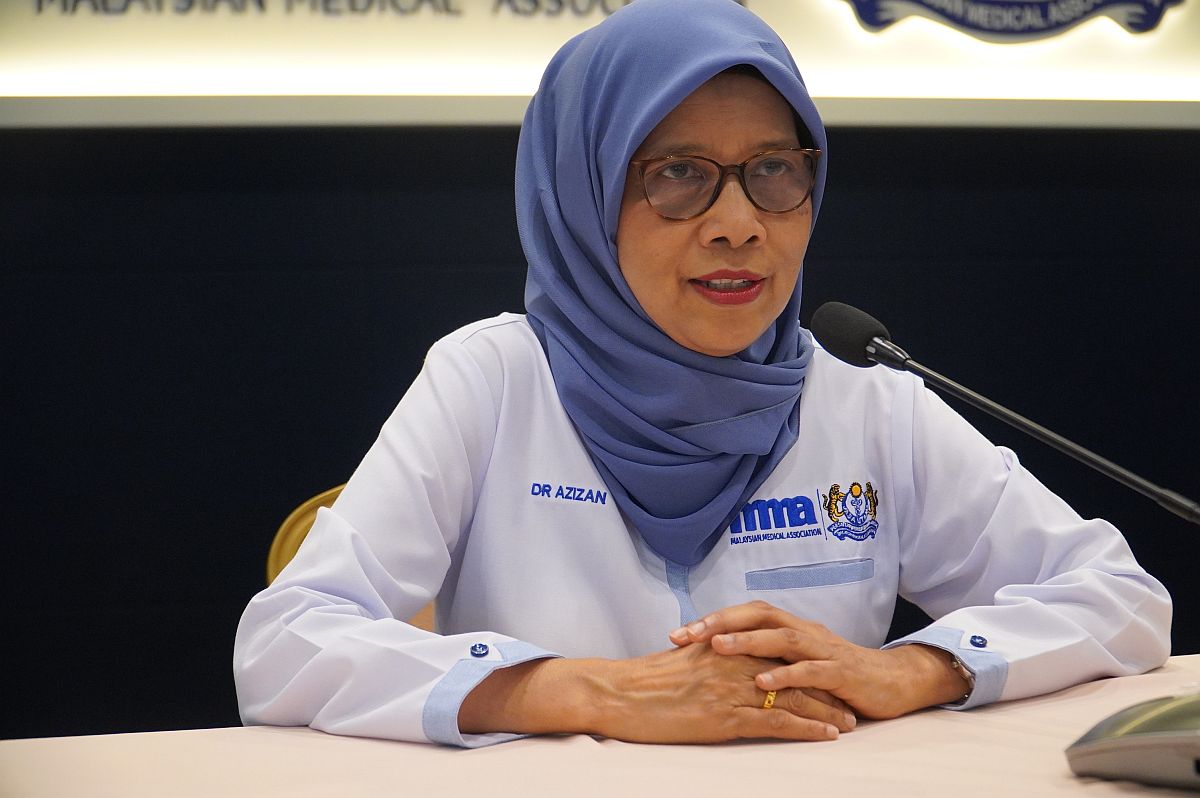The Malaysian Medical Association (MMA) is proposing that the government switch to a shift system for doctors in public health care, similar to the European Working Time Directive (EWTD) to prevent burnout among doctors and further brain drain.
The MMA made the proposal at a meeting held with the Ministry of Health (MOH) recently.
The EWTD requires a normal working week to be an average of 48 hours, while doctors in Australia generally work between 35 to 38 hours a week. Doctors in Malaysia’s public health care system doing active on-calls (in departments such as medicine, surgery, obstetrics and gynaecology, orthopaedics, paediatrics, and anaesthesiology) work an average of between 60 to 84 hours per week, depending on manpower resources.
To mitigate burnout and further brain drain, the MMA is proposing that the government adopt a shift system for all doctors doing active on-calls in public health care — three shifts per day, while introducing a flexi-allowance for medical officers (MOs), specialists, and subspecialists.
In Malaysia’s public health care system, housemen work on a shift system until they complete their training. MOs and specialists (in the six departments stated above) work on an on-call system, where those who are put on active on-call duty work their normal working hours from 8am to 5pm, and then begin their on-call hours from 5pm to 8am the next day.
This is then followed by normal working hours from 8am to 5pm — a total of 33 hours straight!
On a regular basis, due to the heavy workload, MOs and specialists work beyond their on-call hours. Certain departments permit post on-call time off in the afternoons, at the discretion of the head of the unit.
This cannot go on. We cannot expect doctors to perform at their best and deliver the best outcomes when they are clocking in these unreasonable hours.
At the rate that we are going, if the status quo remains, more public health care doctors will leave to either private health care or to pursue opportunities abroad.
It must be noted that burnout among health care workers increases the risk of medical errors.
Long working hours can also increase the risk of heart disease, stroke, and death. According to the World Health Organization’s (WHO) first global analysis of the loss of life and health associated with working long hours (released in 2021), between 2000 and 2016, the number of deaths from heart disease due to working long hours increased by 42 per cent, and from stroke by 19 per cent.
The study concluded that working 55 or more hours per week is associated with an estimated 35 per cent higher risk of a stroke and a 17 per cent higher risk of dying from ischemic heart disease, compared to working 35 to 40 hours a week.
The number of doctors leaving public health care should also not be taken lightly, as over 70 per cent of the population depend on public health care. It has been reported that from 2017 to 2022, contract MO resignations rose by a staggering 1,131 per cent.
It was also reported that 890 specialists resigned from government service between 2018 and 2022. The harrowing realities of the Malaysian brain drain is further corroborated with the recent release of a study by the Department of Statistics Malaysia (DOSM).
If left unchecked, our public health care would be facing impending collapse.
Dr Azizan Abdul Aziz is the president of the Malaysian Medical Association.
- This is the personal opinion of the writer or publication and does not necessarily represent the views of CodeBlue.





